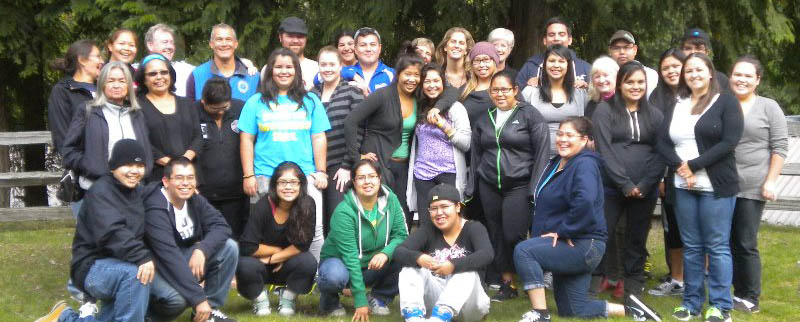[Please be advised that his article contains sensitive content regarding sexual assault and contains language that some readers may find derogatory and/or offensive. This article was written with the intent to encourage others to participate in a wider global conversation about gender-based violence and activism.]
Beginning in the early 1960s, the second wave of feminism saw woman around the world rallying together to fight and dismantle pervasive, patriarchal and oppressive political, cultural, social and legal structures. The second wave had a transformative impact on many aspects Western society, particularly in the areas of reproductive freedom, employment rights and addressing gender-based violence. Though feminist theories and practices continue to shift and evolve, the famous phrase coined by Carol Hanisch, “the personal is political,” remains as relevant today as it was during the second wave. It is in this context that, as a young feminist, I will examine how two seemingly oppositional activist measures, the Take Back the Night March and the SlutWalk, share common feminist roots.
In October 1975, microbiologist Susan Alexander Speeth was stabbed to death in the middle of the night, blocks away from her house. Her tragic death prompted the citizens of Philadelphia to rally together in protest of violence against women. And so began the annual “Take Back the Night” marches aimed at recognizing the streets as a gendered and all too often dangerous space for women. Today, Take Back the Night is an internationally recognized protest against sexual violence.
Nearly 4 decades later, Toronto Police Const. Michael Sanguinetti told a personal security class at York University that “women should avoid dressing like sluts in order not to be victimized.” Comments made by the officer served as a springboard for young women who, like millions of women before them, took their frustration to the streets.
In April 2011, thousands of Torontonians participated in the first ever SlutWalk aimed at calling the Toronto Police force to task and protesting the slut myth – the age-old notion that women who dress provocatively are somehow ‘asking for it’. Crowds comprised mainly of young women wearing a range of both provocative and conservative attire hit the streets holding signs that read “Don’t Tell Us How to Dress; Tell Him Not to Rape,” “My Clothes are Not My Consent,” “Men of Quality Respect Women’s Equality,” and quite simply “Got Consent?” According to the Toronto SlutWalk website:
As the city’s major protective service, the Toronto Police have perpetuated the myth and stereotype of ‘the slut,’ and in doing so have failed us…Being assaulted isn’t about what you wear; it’s not even about sex; but using a pejorative term to rationalize inexcusable behaviour creates an environment in which it’s okay to blame the victim.
Toronto SlutWalk took their mission above and beyond addressing pervasive and gendered victim-blaming ideologies. Indeed, organizers also aimed at reclaiming the word slut. As their website explains:
Historically, the term ‘slut’ has carried a predominantly negative connotation aimed at those who are sexually promiscuous, be it for work or pleasure, it has primarily been women who have suffered under the burden of this label. And whether dished out as a serious indictment of one’s character or merely as a flippant insult, the intent behind the word is always to wound, so we’re taking it back. “Slut” is being re-appropriated.
Perhaps not surprisingly, Toronto’s SlutWalk has garnered a great deal of media attention and has since sparked an international movement of rallies from Saskatoon to London and all the way to New Delhi. Blatantly and strategically provocative, SlutWalks are once again highlighting that sexual violence against women is a pervasive and ongoing issue that affects all women, and that when it comes to public safety and sexual assault, the personal is political.
SlutWalks have also generated a great deal of controversy and criticism. Challenging the premise that SlutWalks promote sexual liberation, Gail Dines and Wendy J Murphy of the UK Guardian state that:
While the organisers of the SlutWalk might think that proudly calling themselves “sluts” is a way to empower women, they are in fact making life harder for girls who are trying to navigate their way through the tricky terrain of adolescence.
Similarly, Tracy Clark-Flory at salon.com suggests that SlutWalks are problematically divisive:
I’m tired of the polarizing rhetoric: Are you a prude or a slut? You know what, I’m neither. I understand the concept of re-appropriating slurs, and that many people find it freeing and empowering.
Whether you agree or disagree with SlutWalks, feminists of all walks can rejoice in the fact that they have generated an important public conversation about consent, public safety, sexual assault, and female sexuality. Importantly, they also demonstrate that feminism is alive and well among a younger generation of women, who like their aunts, mothers, and grandmothers, are committed to re-defining and challenging what a feminist looks like.
By Nicola Temmel, Summer Student at SWOVA





